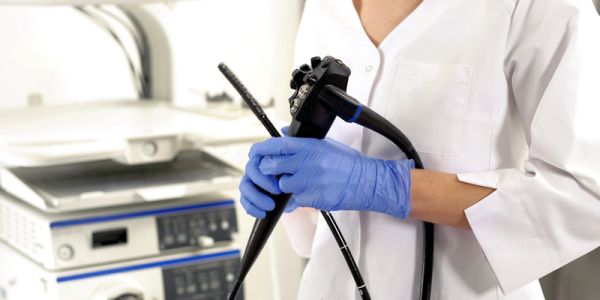
Bowel cancer rates after colonoscopy vary by provider
A colonoscopy is the main test used to detect bowel cancer, but like most tests, it is not always 100% accurate and cancers can be missed.

A colonoscopy is the main test used to detect bowel cancer, but like most tests, it is not always 100% accurate and cancers can be missed.

One million pieces of single-use plastic have been removed from use across campus during the past 12 months.

Engineers have developed a prototype drone-mounted wireless scanning system, which can fly up the outside of a high rise building and detect the whereabouts of individuals who may be trapped inside.

A small army of volunteers is to be recruited to help update the most comprehensive survey of England’s dialects ever undertaken, thanks to an injection of funding.

Vitamin D influences the behaviour of melanoma cells in the lab by making them less aggressive, scientists have found.

Practise makes perfect – it is an adage that has helped humans become highly dexterous, and now it is an approach that is being applied to robots.

Leeds scientists and clinicians have been awarded a major cash boost from Cancer Research UK to pioneer new radiotherapy technologies that could help more people in Yorkshire survive cancer.

Hospital screening tests are failing to identify the true extent of microbial resistance, according to new research.

October's round-up of some of the latest research and education stories from the University.

The White Rose universities of Leeds, Sheffield and York have received renewed Government funding for 150 PhD researchers in the biological sciences.